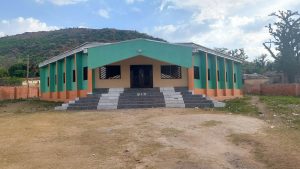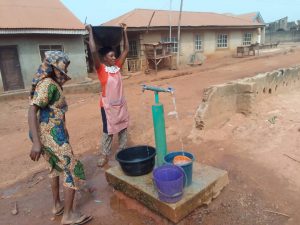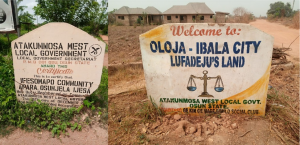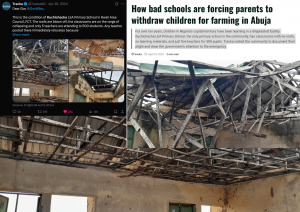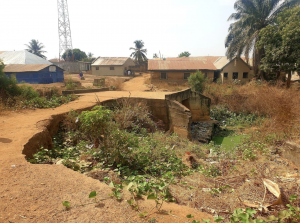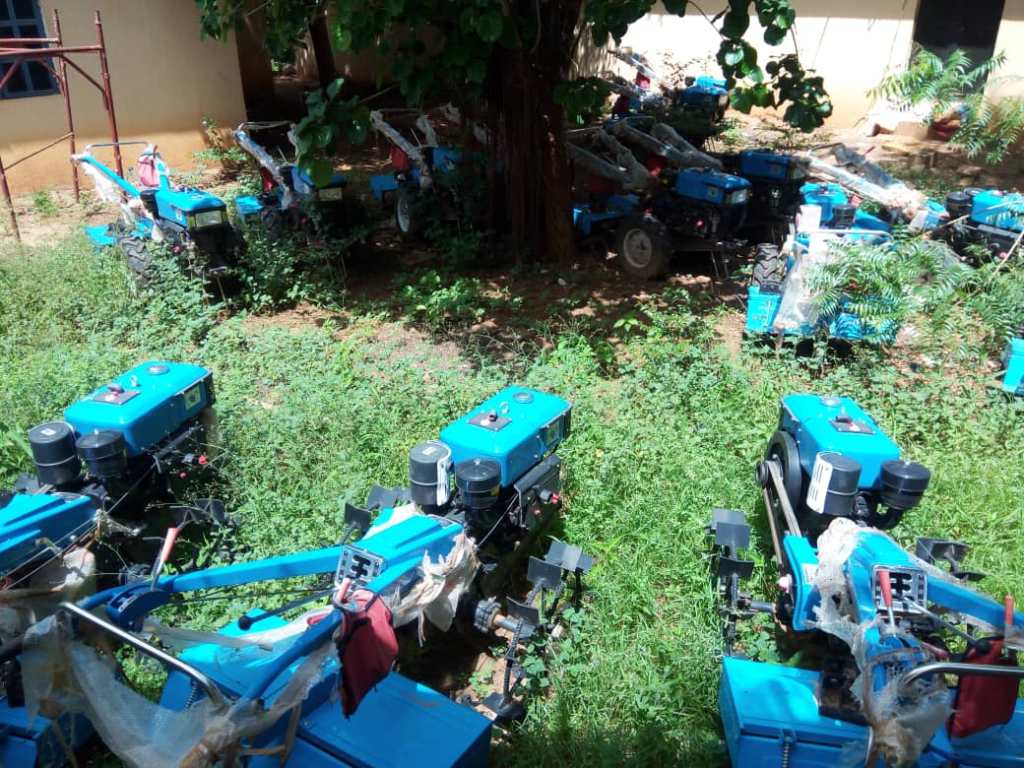
Power Tillers
The concept of constituency projects in Nigeria is to distribute resources to the grassroots across the country but most legislators position constituency projects to seek for votes. Constituency projects are projects inserted into the national budget by the legislators to, as they claim, bring federal impact home to their constituencies. Yet, when many of the projects are handed over, the representative presents it either in their names or as if they are gifts to their constituents.
For several reasons, the projects hardly add to societal development, as most of them do not serve the people’s needs. While some projects are abandoned, others are implemented but not distributed and some others are under lock and key. The case of the supply of power tiller machines and fertilisers in Kebbi Central Senatorial District facilitated by Senator Adamu Aliero falls within this category.
After visits from the Tracka team, members of the constituency were engaged to follow up projects and ask questions from the concerned authority about their constituency projects despite the unspecified project locations and beneficiaries. While many residents were unaware that 50million Naira was allocated to the project, many more could not ascertain that the tiller machines were supplied.
Tracka findings in July 2018, showed that most legislators delay the execution of empowerment projects to seek votes in the 2019 electioneering or use the materials to campaign as one of their grassroots achievements.
“The power tiller machines were supplied but under lock and key as we wait to distribute the machines during the raining season,” said the personal assistant to the senator.

In the same light, the senator facilitated 45million Naira procurement of fertilisers in the same district which suffers the same story—it was supplied but not distributed too. The project tracking officer in Kebbi state distributed the 2017 Tracka publication carrying line items as contained in 2017 Budget.

From our findings, it does not appear as if the farmers are the target group as some of them claimed the distribution might be political and aimed at politicians’ allies rather than grassroots empowerment.
As at 25th July 2018, both the power tiller machines and the fertilisers remained undistributed to the beneficiaries. This singular act of not distributing empowerment materials as at when due has a great effect on the economy of the community as most of the residents are farmers. If distributed, it will increase the yields on the farms and improve the local economy in the district; undistributed, the machines and fertilisers rot away under lock and key, their impact unfelt by those who need it most.

